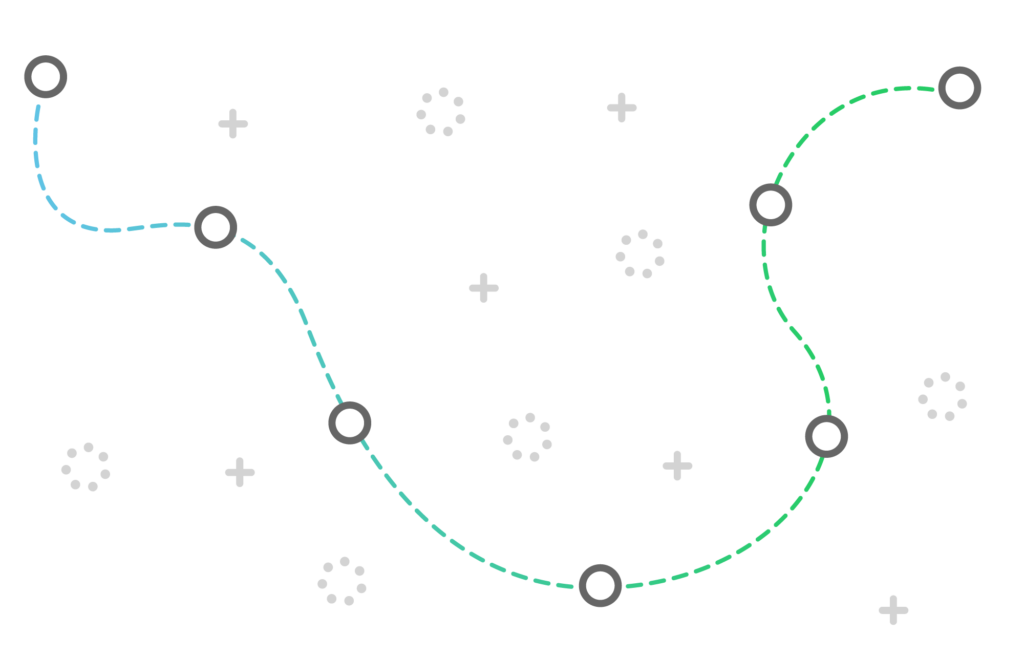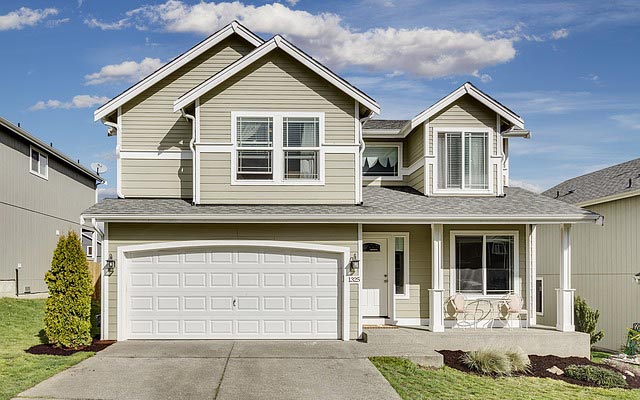A common misconception among homeowners is whether they can skip payments when refinancing. After all, who wouldn’t want to go a couple months without a mortgage payment?
The short answer is: Yes, you can go two months without a payment, however, no payments are actually skipped.
Here is how “skipping” payments works:
Interest is paid in arrears
When you make your mortgage payment, you are actually paying the interest that accumulated during the previous month. For example, when you pay your mortgage in August, you are paying the interest that accumulated during July. This is the opposite of paying rent, which is paid in advance.![]()
“SELFi started with a simple idea: to offer the absolute lowest interest rates. That's it.”
Understand your payoff demand
As part of the refinance, a payoff demand is generated from your existing servicer (the company you pay your mortgage to). Your payoff demand is the total amount needed to pay your existing loan in full. It is common for borrowers to think their unpaid principal balance is the total amount they owe. Not true. The payoff demand is always higher than the unpaid principal balance because the payoff includes unpaid interest. Interest accrues on your mortgage everyday. So if you close your refinance on the 15th of the month, your payoff demand will have at least 15 days of unpaid interest.Interest is prepaid at closing
When you close your refinance, you prepay interest until the end of the month. Let’s assume you close your refinance on the 10th of the month: your closing disclosure will show a cost of 20 days of prepaid interest. Keep in mind, prepaid interest is calculated based on your new interest rate. So while it may appear that closing at the end of the month decreases closing costs, it just means that more unpaid interest is tacked onto your payoff demand.
Understanding the steps to refinancing saves you money… and headaches
Going one month without a payment Since you prepay interest at closing, and interest is paid in arrears, your first payment on the new loan is not due until one month after closing. Thus, you always go one month without a mortgage payment.
For example, if you close your refinance on June 15th, your first payment is not due until August 1st. So while no interest is skipped, you effectively went the month of July without a mortgage payment.


This was extremely helpful! You answered the exact questions I was wondering about. Thank you!
Awesome detail, you even have almost the same dates as my scenario lol
We closed on a refi on 14th. When will my old mortgage get paid off? Also, most mortgage companies accrue late charges if you pay after the 15th, will my mortgage have a late charge because the other company pays it off after the 15th? I’m not sure how that works.
I had this situation happen twice. I closed on the 14th once before and the old company did not get the funds until the 15th and charged a late fee. I just went online and paid it since it was only $50. Another time I did not pay it and the old mortgage company waived the fee when they received the payoff. They did this automatically. I would personally be more concerned if you were closer to the end of the month. Then you risk having it reported on your credit.
I’m closing on the 9th and my loan officer pointed out that there’s a 3 day right of rescission, so the funds won’t start processing until around the 13th.
My closing date is on September 1st, the same time I pay the mortgage and I have a 15 day grace . Would i be ok not to pay for the month of September and it not affect my credit?
Perfect way of explaining a complicated confusing issue.
What about principal? Is there going to be one month where you aren’t paying down principal?
Yes, potentially 2 months without paying principal. You will be paying off the first mortgage in full and then the terms completely start over with the new company. You will pay the money, it just likely be that your new pay off date is longer than your original. Essentially the principal is just put on pause and you only are charged the interest. The down side is that you are not paying off any principal, however you can always do a “principal only” additional payment to make it up if you would like.
Im currently refinancing my home. My loan officer suggested for me to skip my November payment and use that money towards closing. Im due to close at the end of the month. And now my accrued interest is suppose to be for October and December? Im bery confused and stressed out.
I close a refi on the 21st of this month. They asked us to pay this months mortgage today so they can request another payoff. Should we still pay?
My loan officer promised me they would pay my taxes and insurance for my month skipped. However, I don’t know how to tell if this is actually being done or how to make sure it is.
I’m currently in the exact same situation. Payment will be late if not paid by 8/17, but closing within the same week. Good thing is I have a pay-off amount from my current lender and it is good through 8/26. I will actually have a credit without paying August payment.